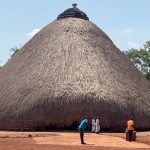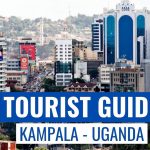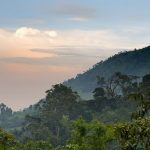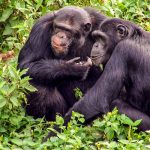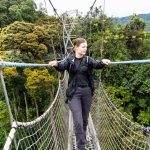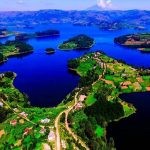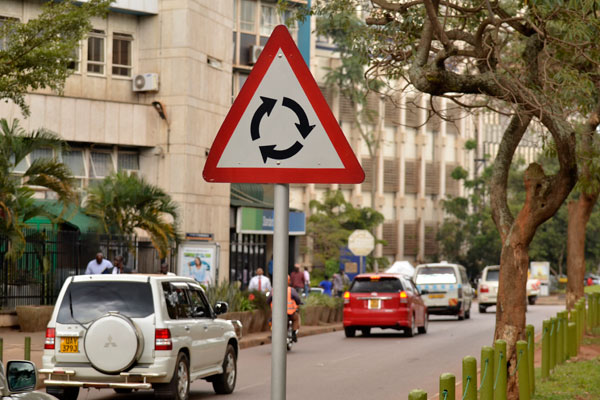Ngamba Island is the perfect haven just outside Kampala. It is a 95-acre piece of heaven that was created as a home for very special residents.
For those in touch with nature who long to see it preserved, the Ngamba Island Chimpanzee Sanctuary is a place you won’t want to miss. Although just outside Kampala, its environment is very different from the bustle of the everyday as it is home to a number of chimpanzees that have been rescued from different parts of Uganda.
Located about 23km from Entebbe Town, the island is one of the many that makeup the Koome Islands. Koome is part of the 84 that make up the Kalangala District. The trip between the mainland and island is usually a smooth one and visitors who wish can ask the boat men to stop in order to have a swim. It takes about two hours to reach Ngamba in a motor boat or about one hour in a speed boat. The sanctuary owns two boats and you will be assigned one when you book.
At the Uganda Wildlife Education Centre (UWEC) gate you’ll notify the sentries that you’re going to Ngamba as the entry cost is included at the time of booking.
The island is home to one chimpanzee community which means they are all in one family. According to Silver Birungi, an education officer for the sanctuary, the animals are highly suspicious of stranger chimpanzees. “When we have to integrate a new chimpanzee on the island, it takes time. We have to first keep it at the Wildlife Centre and introduce it slowly by slowly,” he explains.
On arrival, visitors are taken through a process of sanitization where they first step in a solution of disinfectant. “We cannot take chances,” Birungi says. “If just one chimpanzee gets a disease from a visitor, it could affect all of them.” That would be disastrous as chimps are an endangered species.
The community is made up of anything between 40 and 50 chimpanzees. Their breeding is controlled so the sanctuary management can know how many resources they will need to care for them.
Visits to the sanctuary are also controlled. There cannot be more than 25 visitors at once on the island. School groups are allowed to be only 35 in number.
Phillip Ssekulya, a guide, explains the conditions in which the animals live. “We mostly let them feed on the leaves in the forest but we supplement their diet with fruits and vegetables,” he says as he shows off the stock in the kitchen where the food is prepared.
The best time to visit is during the feeding hours when the chimpanzees come out of their hiding places to the fence expecting to receive food. The highly organised behavior is impressive and the alpha male’s authority is not questioned throughout the feeding.
Visitors stand on a viewing platform at the edge of the fence when the chimpanzees eat. The separating fence is electrified so there is no real danger of the animals jumping over. However, if the unthinkable should happen, Ssekulya explains, “Everyone is advised to run to the water. Chimpanzees fear water so they would not attack you if you stood in the water. The water surrounding the island is what keeps them from escaping.”
You can spend the night in well-constructed tents at the Ngamba Chimpanzee Sanctuary. With conservation being a top priority everything was constructed with this in mind. Food is served in a canteen and consists of African and Continental dishes and is prepared on prior arrangement. However, people are able to bring food to the island if they wish to eat their own.
Apart from the chimpanzees there are a few other things to see on the island including monitor lizards and birds.
You can book your trip through Experience Africa, a local tour operator based in Kampala in Uganda. The office is situated at Najja Shopping Center, Entebbe Road, Kampala.
You can also get more information online at http://www.ngambaisland.org or email: info@ngambaisland.org . Their phone number is: +256 (0) 772 221 437.
The cost for a day trip to the island is US$200 per person and for between 2-8 people the cost is $150 USD. This covers your entry fees, transport to the island, and your overnight stay in a tent. Food is not included.

